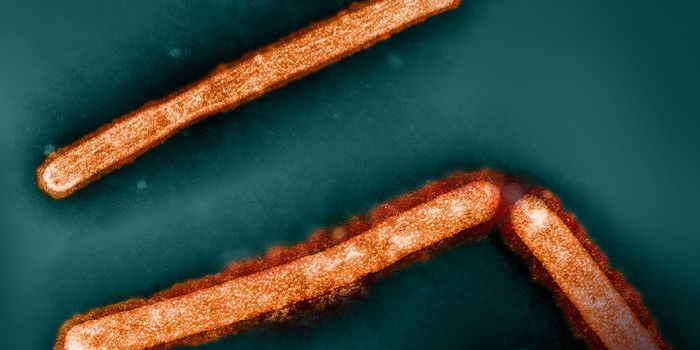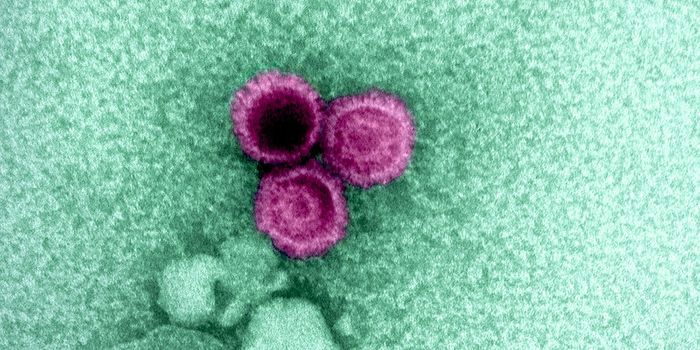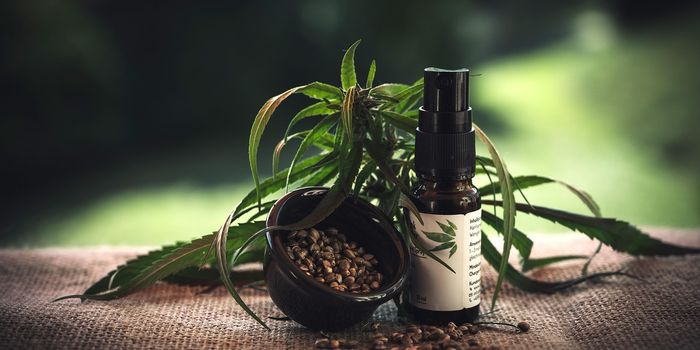Antidepressants and Serotonin Impact Gut Microbiota
The microbes that live in our gastrointestinal tract have been shown to have a powerful influence on many aspects of our health. The stuff we consume can also get digested those microbes, affecting them in turn. New research by scientists at UCLA has indicated that drugs targeting the neurotransmitter serotonin and serotonin itself can have a significant impact on the microbes in our gut; bacteria can take up the neurotransmitter. Serotonin influences emotion and plays many roles in human physiology; it is a critical signaling molecule. About 90 percent of the serotonin found in the human body is made in the gut.
"Our previous work showed that particular gut bacteria help the gut produce serotonin. In this study, we were interested in finding out why they might do so," explained Elaine Hsiao, UCLA assistant professor of integrative biology and physiology, and of microbiology, immunology and molecular genetics in the UCLA College; and of digestive diseases in the David Geffen School of Medicine at UCLA.
Led by Hsiao and postdoctoral fellow Thomas Fung, researchers conducted a mouse study in which they studied a specific gut microbe called Turicibacter sanguinis, which senses serotonin and can move it into bacterial cells.
When mice were exposed to Prozac (a selective serotonin reuptake inhibitor), less serotonin was moved into their gut bacteria. The findings have been reported in Nature Microbiology.
Previous work by Hsiao’s team has shown that when mice were given a mixture of bacteria including Turicibacter sanguinis and Clostridia, molecules were generated that trigger an increase in serotonin production in gut cells. If mice lacked these two types of microbes, their guts lost over 50 percent of the usual amount of serotonin. Adding the bacterial mixture back restored their serotonin levels to normal.
The researchers began to wonder why microbes want gut cells to release serotonin. They exposed some mice to extra serotonin in drinking water, and genetically engineered others to increase gut serotonin levels. The scientists found that the levels of Turicibacter and Clostridia bacteria were significantly increased after the gut serotonin levels were raised by either method.
"Previous studies from our lab and others showed that specific bacteria promote serotonin levels in the gut," Fung said. "Our new study tells us that certain gut bacteria can respond to serotonin and drugs that influence serotonin, like anti-depressants. This is a unique form of communication between bacteria and our own cells through molecules traditionally recognized as neurotransmitters."
This work is in agreement with other studies that have demonstrated the influence of antidepressants on the gut microbiome. "For the future, we want to learn whether microbial interactions with antidepressants have consequences for health and disease," added Hsiao.
The video above from Yale University outlines recent work that shows how gut bacteria influence drug efficacy, and can help explain why drugs often have very different impacts on different individuals.
Sources: Phys.org via University of California, Los Angeles, Nature Microbiology









